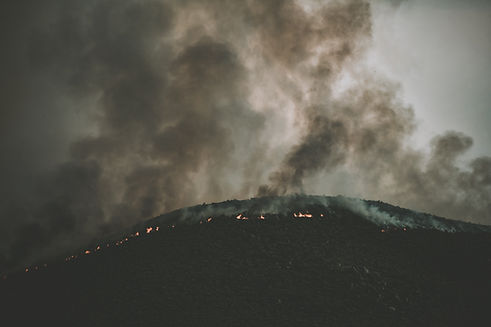
Coping with Extreme Weather
Extreme heat and flooding are the UK’s biggest climate threats. How do we protect our lives, health and wellbeing when extreme weather hits, as it has and will with increasing frequency and intensity? Stay prepared by signing up for UK Health Security Agency’s heat and cold alerts and visiting the Government’s ‘Prepare’ website for expert advice on handling climate hazards and other emergencies.
Heatwave Toolkit: Stay Cool & Safe
When summer heat becomes unbearable, protecting ourselves and our homes from overheating is crucial. According to the doctors’ organisation Our Health Our Planet.
“Hot weather is dangerous to everyone, especially the very old and very young, or those with pre-existing health conditions. Once temperatures reach above 30C, the risk of serious illness and death increases with every degree. Above 40C can cause thousands of fatalities, as seen in the UK in 2022.”
The Heatwave Toolkit offers essential solutions for a UK heat emergency, including shading, ventilation, and heat reflection. The most effective (and free) action is to keep windows, blinds, and curtains closed during the day and open windows at night when it’s cooler.
For more expert advice, check out the BBC’s guide on how to keep your home cool – some tips might surprise you, but they will be essential in the future. Dig even deeper into Tips, tricks, do’s and don'ts from retired energy expert Mark Thompson.
(Image thanks to Tom Greenhill, creator of the Heatwave Toolkit)

Personal Flood Plan: Be Prepared
When extreme rainfall is forecast, increasing the risk of flash and river flooding, it's essential we understand flood warnings and the importance of protective actions. The Government’s Personal Flood Plan provides key guidance to safeguard lives and property.
For local council advice for residents visit:
Wildfires: Prevent and Protect
Wildfires pollute the air, destroy ecosystems, release stored CO₂, and reduce the ability of natural carbon sinks to store carbon in the future. Rising temperatures and dry conditions increase wildfire risks, with many caused by human actions, whether that’s carelessness or a deliberate act.
Nottinghamshire Fire Service urges residents to leave BBQs at home and pack a picnic to protect local countryside.
If you suspect arson, report it anonymously to Derbyshire FireStoppers.
